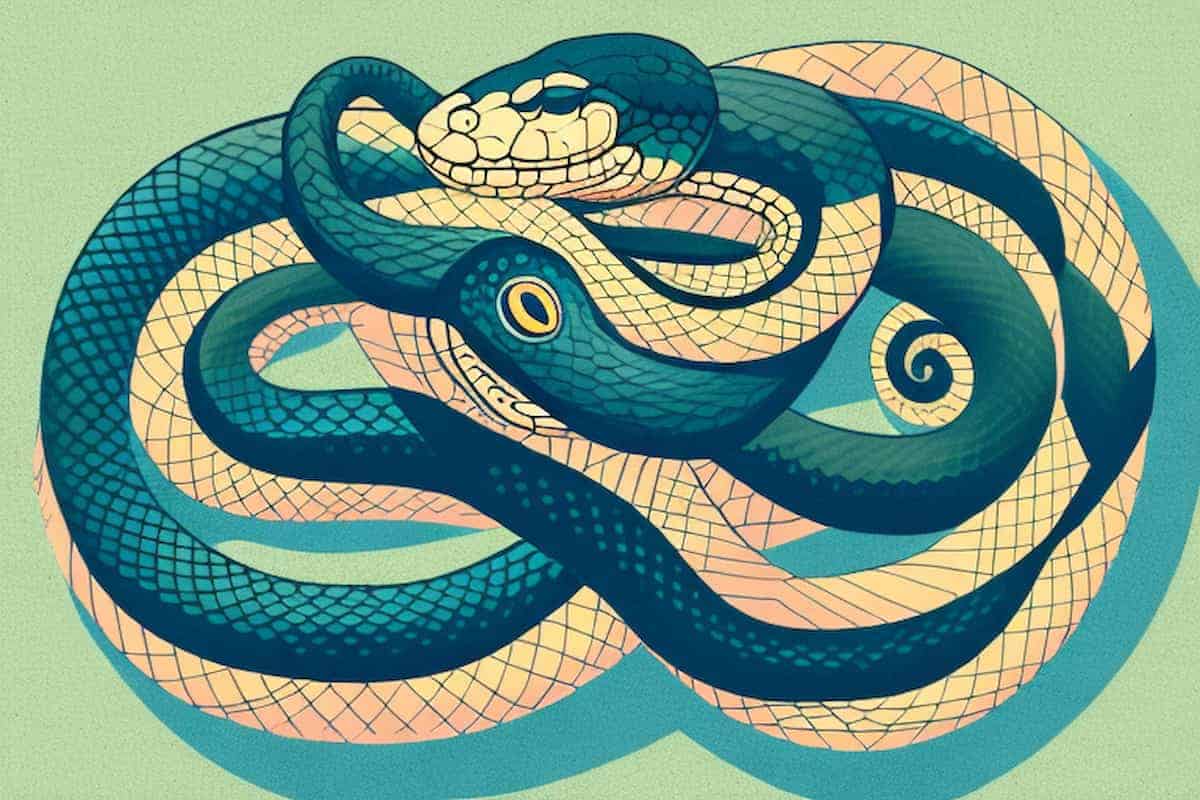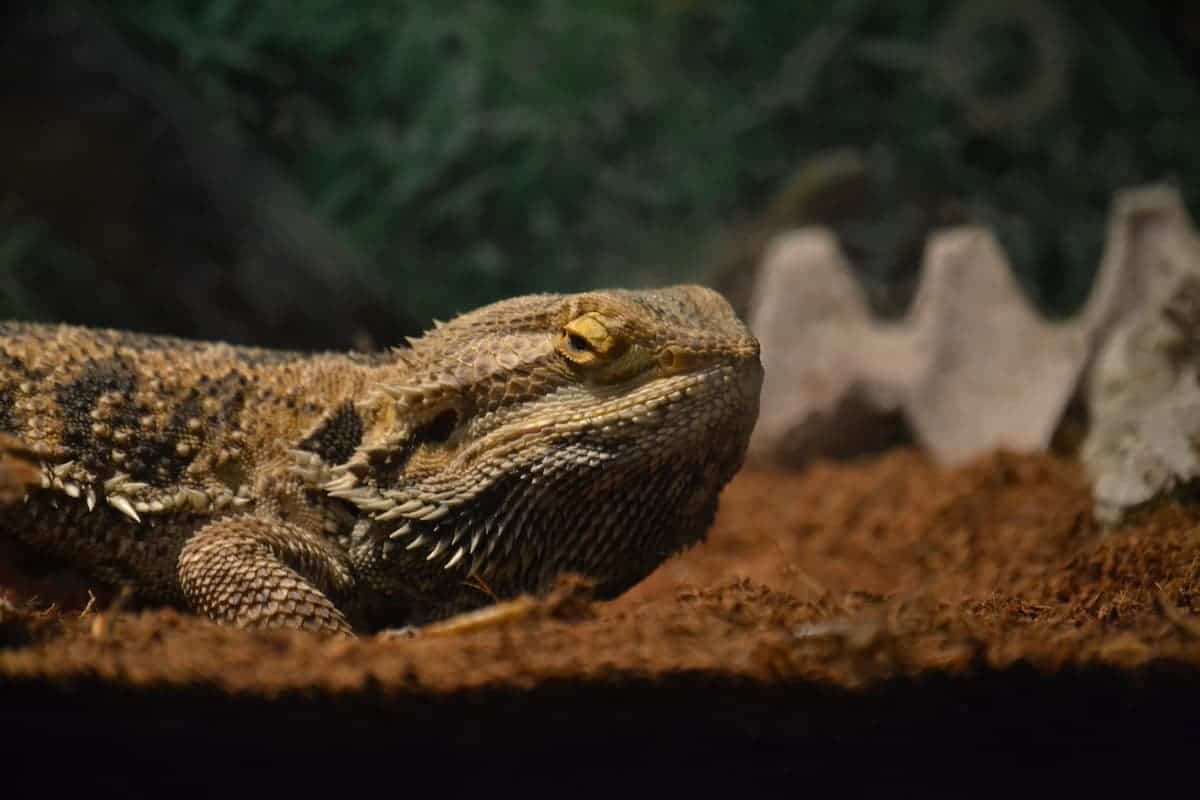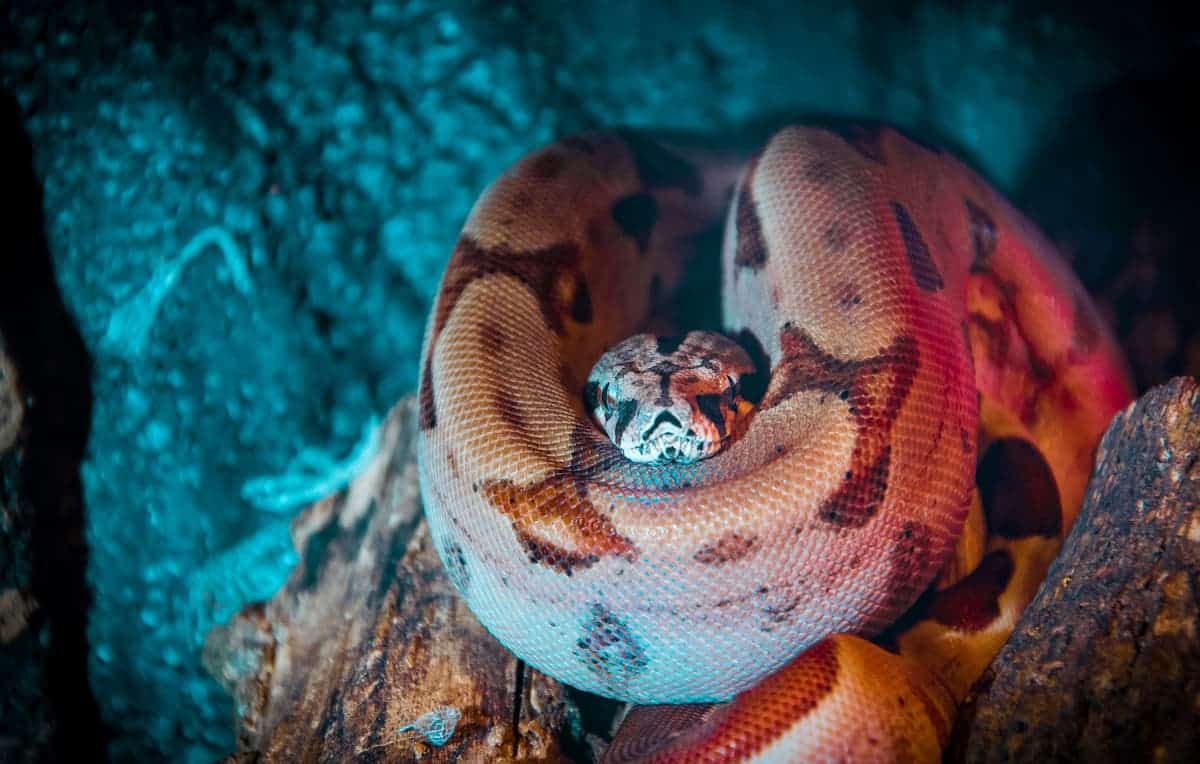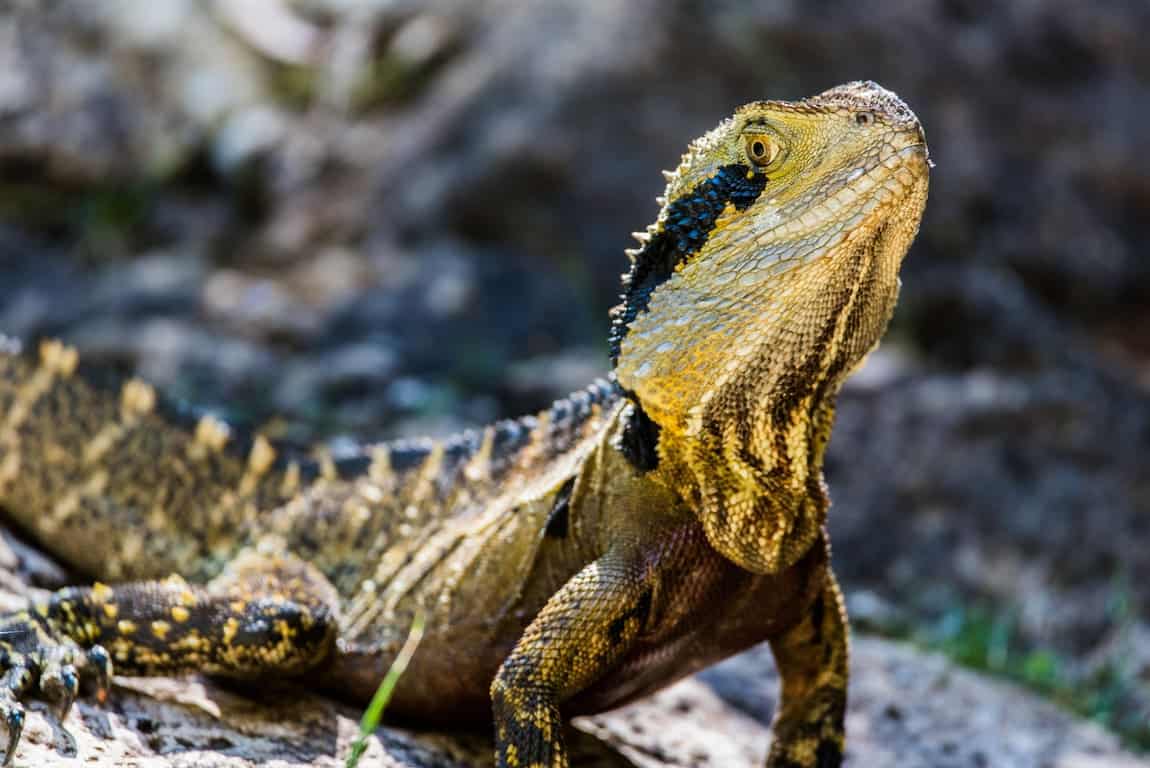Snakes are mysterious reptiles, and despite often being portrayed as being constantly active, they actually spend much of their time taking long naps. So, do snakes sleep? While the answer to that question is complicated and involves some nuances that aren’t present in other animals, snakes do certainly sleep like any other animals. In this article, we explore the sleeping habits of snakes to better understand how and why they sleep.
What Kind of Sleep Do Snakes Get?
Snakes typically get what’s known as episodic sleep. This is similar to the type of sleep that humans and other mammals get, because it involves periods of activity followed by periods of rest. In the case of snakes, they can go into and out of sleep quite quickly. That said, snakes typically don’t get deep sleep like other animals do. They never enter REM (rapid eye movement) sleep, and actually spend most of their sleeping time in a light sleep state.
Snakes also tend to sleep for shorter periods of time than other animals. They may sleep for only a few hours at a time, and then be active for several hours before sleeping again. This is because snakes are cold-blooded animals, and their body temperature is regulated by the environment. When the temperature is too hot or too cold, they will become inactive and sleep until the temperature is more suitable.
How Much Sleep Do Snakes Need?
Like all living organisms, the exact amount of sleep that snakes need varies and depends on a variety of factors. Generally, younger snakes require more sleep than older snakes. Wild snakes tend to sleep for a longer time than their domesticated counterparts because they have to spend more time searching for food, hiding from predators, and protecting their territory. Generally speaking, snake can go days without sleeping, however it is important for their health to have regular periods of resting for at least 8 – 10 hours a day.
In captivity, snakes may sleep for longer periods of time due to the lack of predators and the availability of food. It is important to provide a comfortable and secure environment for your snake to ensure they get the rest they need. This includes providing a warm and humid environment, as well as hiding spots and places to climb. Additionally, it is important to provide a regular day and night cycle to help your snake establish a regular sleeping pattern.
Where Do Snakes Sleep?
Snakes don’t actually have a specific place to sleep and instead typically sleep wherever they happen to find themselves. That said, snakes often seek out areas that provide protection from predators and potential sources of danger while they rest. They also frequently curl up on rocks, tree branches, logs, or other warm surfaces to help regulate their body temperature while they sleep.
How Do Snakes Behave When Sleeping?
When snakes are sleeping, their behaviors naturally differ depending on the species. For example, some snakes will curl up into a tight ball as a way to conserve energy and regulate their body temperature. Other snakes may lie in a flat position with legs spread out wide in a cooperative effort to cool down. Additionally, some species may close their eyes while sleeping or curl their tail around their body for protection.
What Are the Health Benefits of Adequate Sleep for Snakes?
Adequate sleep is essential for any living organism to stay healthy, and this is no different for snakes. Without adequate sleep, snakes are more vulnerable to both physical threats from predators and environmental threats such as heat or cold. In addition, good quality sleep helps snakes maintain strong immune systems and increases their ability to learn and remember information.
What Are the Potential Risks of Not Getting Enough Sleep for Snakes?
Just like any other animal, snakes who don’t get enough sleep can experience a variety of adverse health effects. Sleep deprivation can cause irritability, fatigue, cognitive impairment, digestive issues, and even physical damage over time. It can also weaken snakes’ immune systems and increase their vulnerability to predators. Additionally, too little sleep can stunt growth in younger snakes.
Conclusion: Exploring the Sleeping Habits of Snakes
Snakes do indeed sleep like other animals do, though the exact length and depth of their slumber will depend on the species as well as a variety of different environmental factors. It’s important for snake owners—and wild snakes themselves—to recognize the need for adequate rest, as not getting enough can lead to health complications in the long run. By understanding more about snake sleep habits and behavior, we can help ensure that snakes get what they need to stay healthy and happy.





